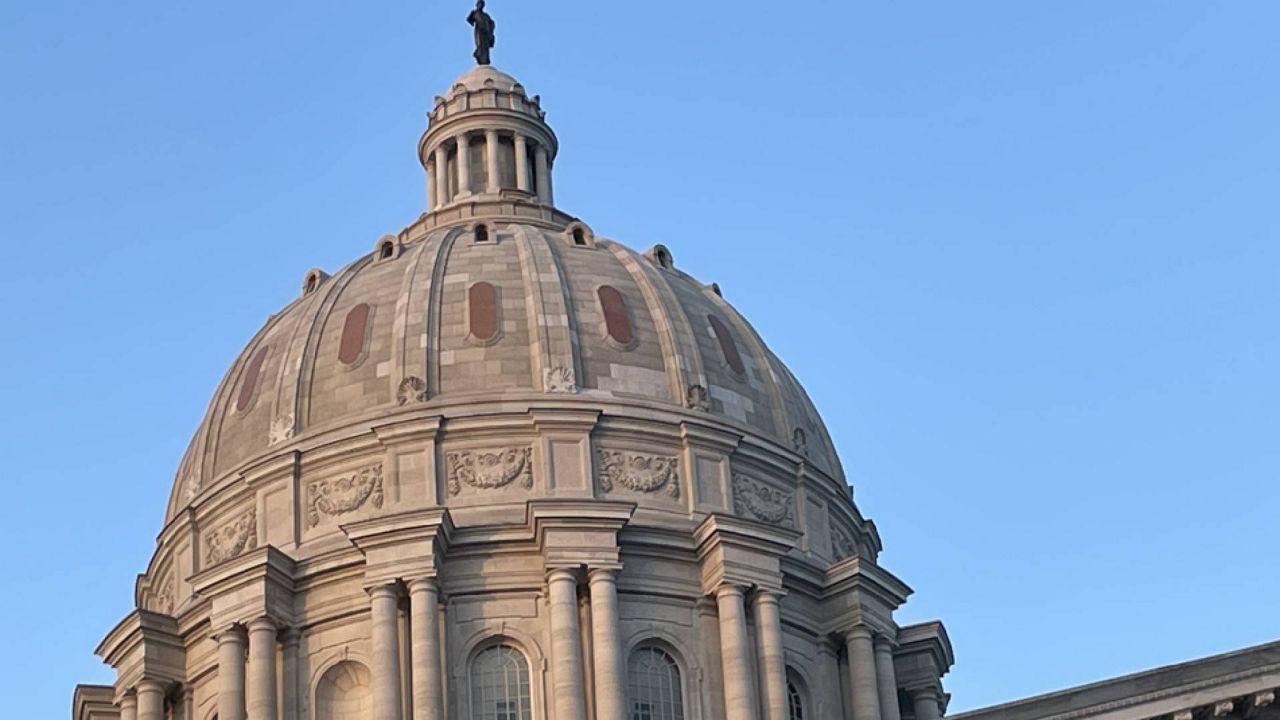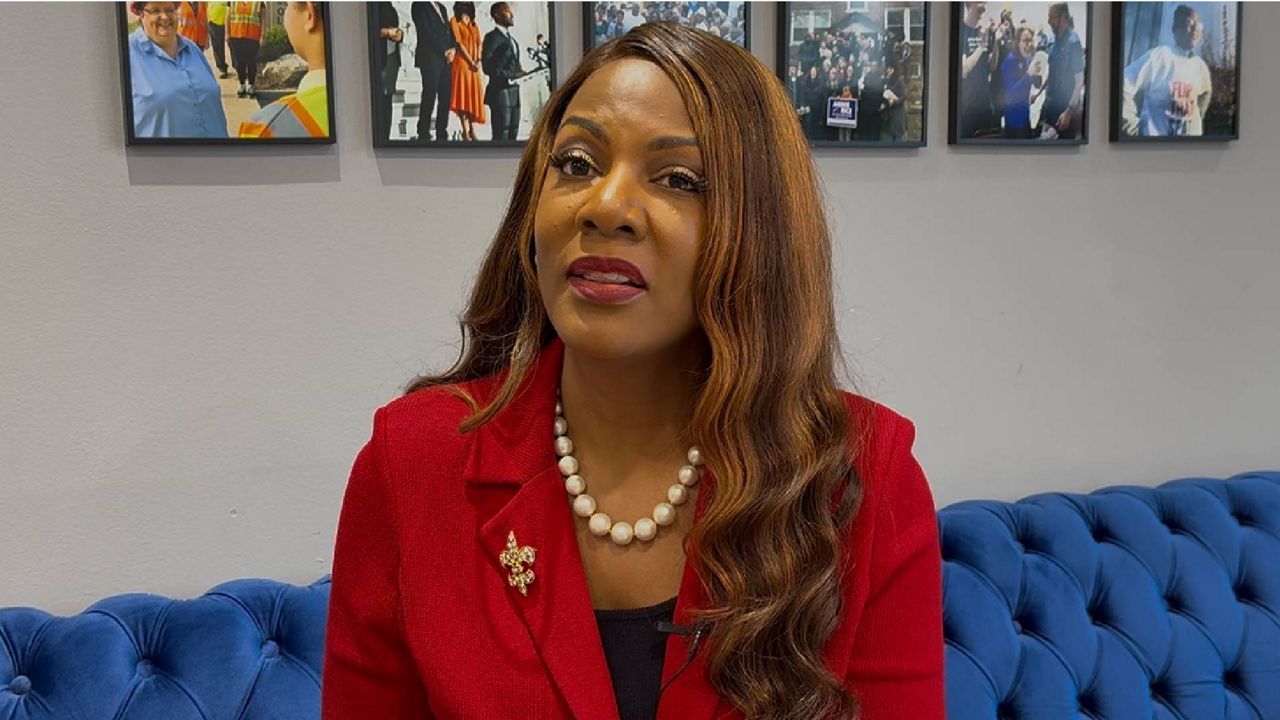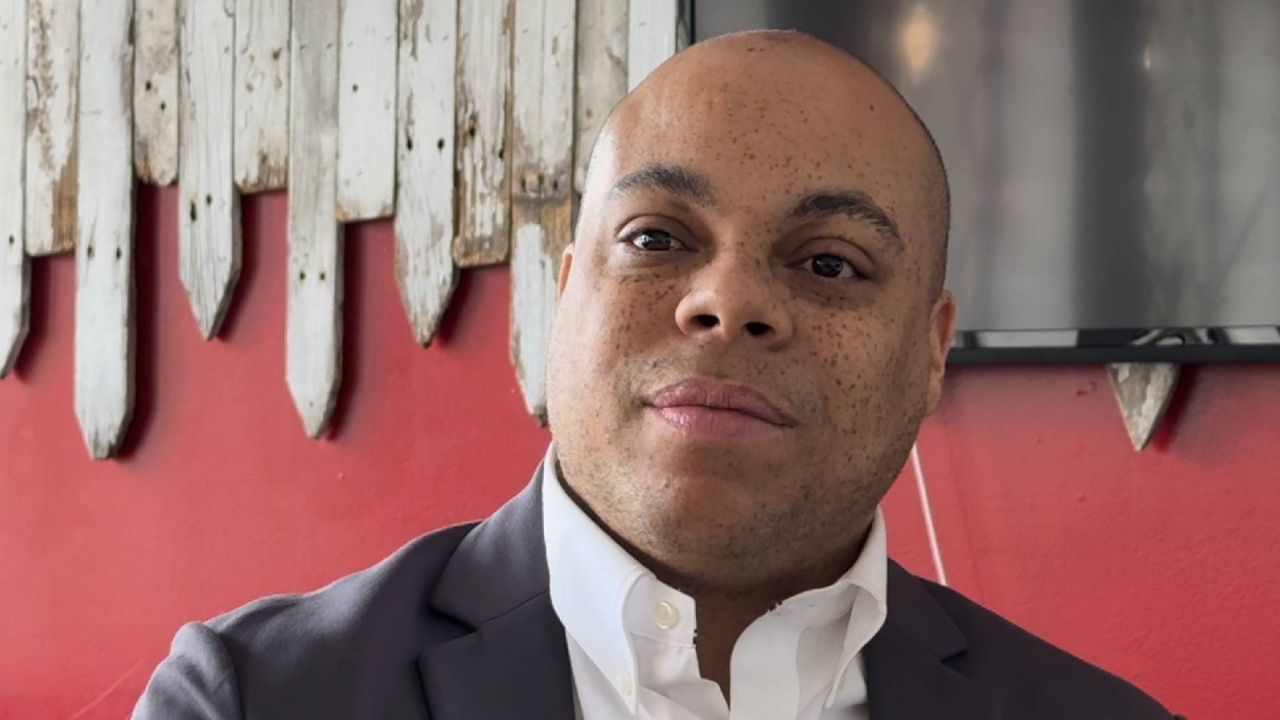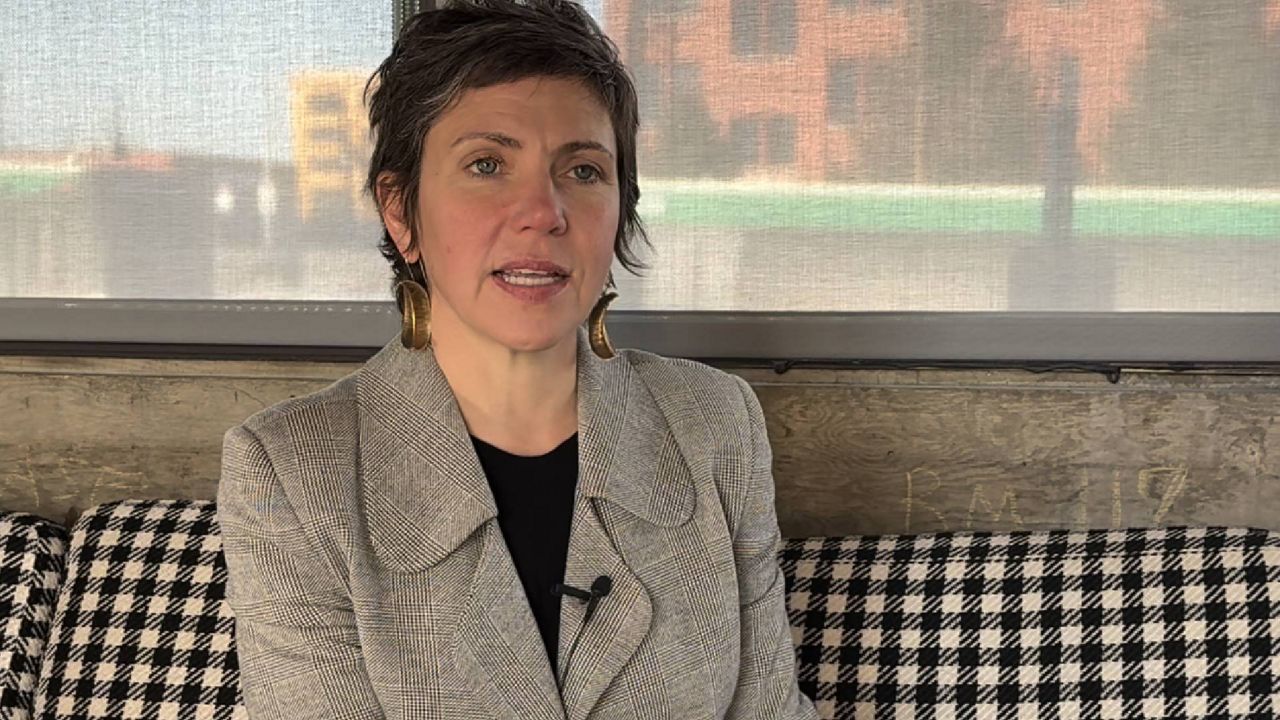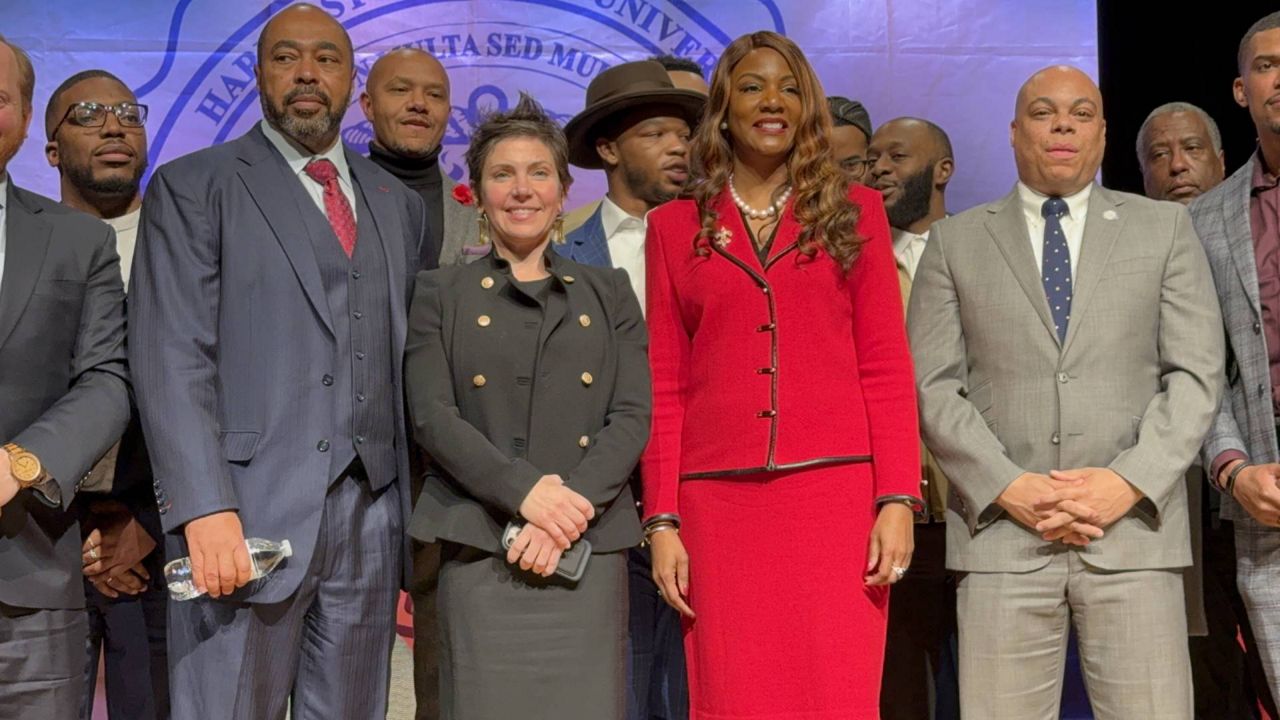JEFFERSON CITY, Mo.—It lasted longer than a blink of an eye, but the annual veto session came and went Wednesday largely as it was expected. The House sent the Senate over 12 budget overrides, which included pay raises for the Highway Patrol and funding for a proposed 911 center in St. Louis..
Sensing that the votes weren’t there in the Senate to support the overrides, Senate Appropriations Chair Lincoln Hough, R-Springfield described it as an “exercise in futility,” and the Senate adjourned without taking votes.
What follows is a look in front of, and behind the scenes this week in Jefferson City and how it plays into the legislation expected to hit the floor in January and the 2024 political scene:
The veto session brought with it dozens of fundraisers to mid-Missouri this week, from private homes to office spaces and many Jefferson City area bars and restaurants. Tuesday, in particular, was healthy for the bottom-lines of candidates, and for the venues that hosted them and supplied them with food and drinks.
“Veto session’s an opportunity to get caught up with a number of people who are interested in the political process so they’re people we don’t get to see back home when we’re in our districts and so you have a lot of events where people are working on campaign related activities,” said State Rep. Phil Christofanelli, R St. Peters, who is running in a competitive primary for a State Senate race to succeed State Sen. Bill Eigel. “Pretty much every restaurant or bar down High Street here was hosting events all day and that’s just part of the political process.”
Spectrum News caught up with State Rep. Adam Schwadron, R-St. Charles after one fundraiser and on his way to another Tuesday. Schwadron has not decided if he’s raising money to seek re-election, or if he’ll enter the race for Secretary of State. Greene County Clerk Shane Schoeller, State Sen. Denny Hoskins are among the declared GOP candidates running to succeed Jay Ashcroft.
“I feel that with the current candidates that I would be right there with them in terms of making sure that that job is done well,” Schwadron, said. “If you take a look at the history of Secretaries of State, really you’re only looking at people who have served two terms in the house, maximum,” pointing to Matt Blunt and Jason Kander. “Ashcroft, Carnahan they hadn’t served any other office a day in their life before that, so I know I would be just as capable as all the predecessors in that office.”
Staying “Agnostic”
In between Tuesday fundraisers, the Missouri House GOP caucus elected State Rep. Jonathan Patterson, R-Lee’s Summit, as Speaker-Elect, should Republicans retain control of the House as expected next fall. Patterson, now the Majority Floor Leader, was also busy on the fundraising circuit, making appearances at several functions.
What do you do when you’ve got colleagues in the House running for State Senate seats or statewide office in competitive primaries? Patterson told Spectrum News he’ll stay out of them.
Earnings tax panel
While lawmakers were back this week, there was some other official legislative work being done that will lay the foundation for what’s to come next year in the General Assembly. A handful of legislative committees met, including an interim panel tasked with evaluating the 1% earnings tax levied by St. Louis and Kansas City.
The tax provided more than $500 million combined to the general revenue funds for both cities in 2022.
In St. Louis, where the tax has been in place since the 1950s, voters have approved the retention of the tax three times, most recently in 2021. It is scheduled to go to voters again in 2026.
The first hearing Tuesday got off to a rocky start.
Noting a move to reduce crime and take other steps to improve the city, St. Louis Revenue Collector Gregory F.X. Daly said “Reducing or removing the earnings tax will do serious long-term harm to the entire state of Missouri in ways that will impact the progress for decades to come.”
“We have to look at ways to grow St. Louis city. There are people out here saying the only way we’re going to fix St. Louis City is to let it hit the bottom. Once it hits the bottom we can rebuild it. I will tell you if St. Louis city hits the bottom, it’ll never rebuild. We cannot allow that to happen,” said committee chair State Rep. Jim Murphy, R-St. Louis County.
“I don’t think it’s a good way to start this hearing by defending what we’re doing now and not opening our eyes to a better way. We’re here to look for a better way, not to destroy this city.”
One of the panel’s charges will be to look at possible alternative revenue models, although Murphy’s comments Tuesday put an emphasis on growing the city as the alternative itself.
The committee plans field hearings in St. Louis and Kansas City, with a goal of wrapping up work in October.
Hanging over the proceedings and any legislative attempt to address the earnings tax in 2024 is the ongoing litigation involving remote workers who challenged the tax collection during the pandemic.
A circuit court judge ruled in January that the city of St. Louis has to pay plaintiffs who sued for earnings tax refunds while working from home during the pandemic.
The Eastern District State Court of Appeals is expected to hear the city’s appeal sometime next year.




